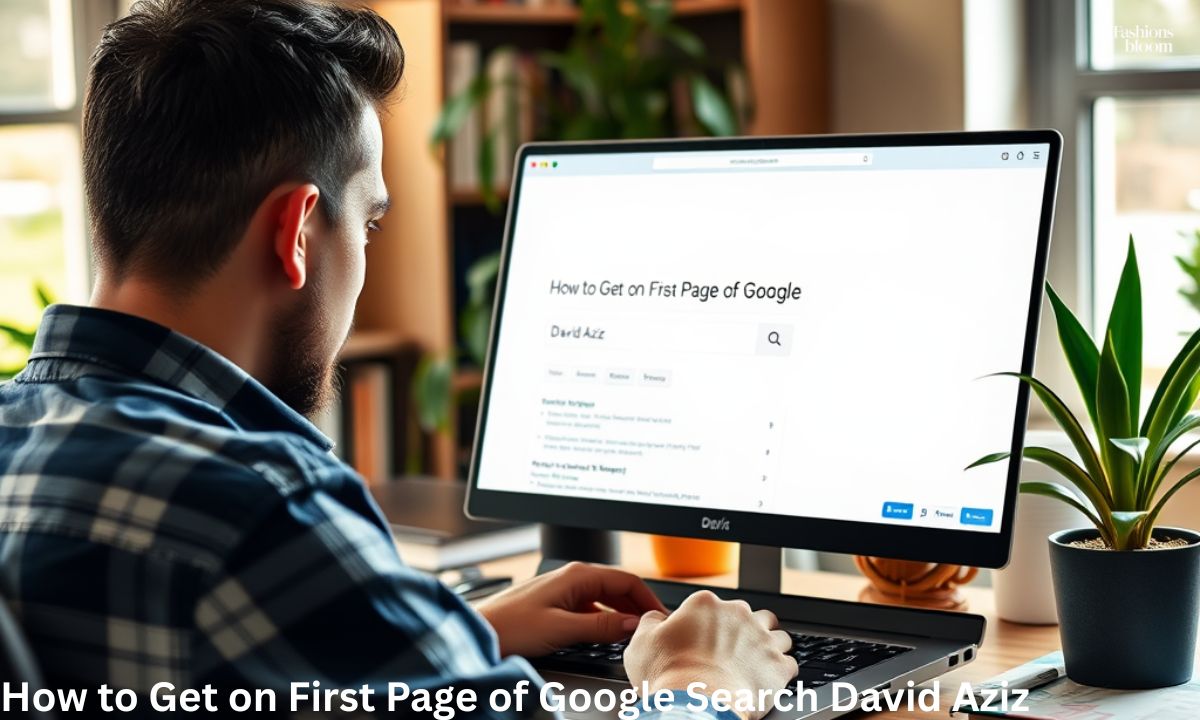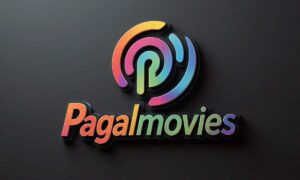Ranking on Google’s first page is crucial for online visibility. Most users never go beyond the first page.
Google’s first page gets more than 90% of the total search traffic. That’s why it’s important to be there.
Who is David Aziz and Why Learn from His Methods?
David Aziz is known for applying SEO strategies that get results. His methods focus on quality and user needs.
Learning from David Aziz helps you use proven techniques. His strategies combine both old and modern SEO tricks.
Core Elements of First-Page Ranking Success
First-page rankings depend on many factors. Google looks for sites that are fast, helpful, and trustworthy.
Key elements include content quality, site performance, and backlinks. These all impact your visibility online.
Understanding Google’s Algorithm Updates
Google changes its search algorithm over 500 times a year. These updates affect how sites rank.
Recent updates focus on helpful content, mobile use, and page experience. Staying updated is critical.
Keyword Research and Implementation
Keywords help search engines understand your content. Use tools like Ahrefs or Google Keyword Planner.
Place keywords in titles, headers, and text. Focus on user intent and search trends.
Long-tail Keyword Strategy
Long-tail keywords have lower competition. They target users with specific search needs.
Examples include “best SEO tips for 2025” or “how to rank using David Aziz methods.”
Content Quality and Depth
Write useful, in-depth content to build trust. Use facts, examples, and data to prove your points.
Aim for at least 1,500 words on key topics. Add images and videos for better engagement.
Technical SEO Fundamentals
Technical SEO makes your site easier for Google to read. It covers performance, structure, and mobile use.
Focus on speed, proper HTML tags, and clean site layout. This improves user and crawler experience.
Site Speed Optimization
Fast sites rank better. Slow-loading pages can lose users and SEO points.
- Compress images
- Use browser caching
- Minify CSS and JavaScript
- Choose reliable hosting
Mobile Optimization
More users search from mobile devices. Google uses mobile-first indexing.
- Use responsive design
- Make buttons easy to tap
- Avoid pop-ups
- Test with Google Mobile-Friendly Tool
Technical Structure and Navigation
Organized sites rank higher. Use a clear structure and helpful menus.
- Add a sitemap.xml file
- Use schema markup
- Avoid broken links
- Use breadcrumbs and logical categories
Building Authority Through Backlinks
Backlinks show Google that others trust your site. They act as votes of confidence.
The more quality backlinks you have, the better your chances of ranking first page.
Earned Backlink Strategies
Earn backlinks by creating great content. Share insights, research, and helpful tools.
- Guest post on authority sites
- Create infographics
- Join expert roundups
- Reach out to influencers
Monitoring Backlink Health
Not all backlinks are good. Some can hurt your site.
- Use tools like Ahrefs to audit links
- Disavow toxic links
- Track new backlinks
- Compare with competitors
Read This Blog: FintechZoom.com Nickel: A Comprehensive Guide to Understanding the Platform
User Experience and Engagement Metrics
Google measures how users interact with your site. High engagement boosts SEO.
Make content easy to read and relevant. Keep users on your page longer.
Core Web Vitals
Google uses these metrics to rank sites. They focus on speed and stability.
- LCP: Under 2.5 seconds
- FID: Under 100 ms
- CLS: Under 0.1
Reducing Bounce Rate
A high bounce rate means users leave too soon. Fix it with better content and layout.
- Write strong introductions
- Use short paragraphs
- Add internal links
- Improve page speed
Local SEO Considerations
If you serve a local area, optimize for local search. It brings nearby customers to your business.
- Create a Google Business Profile
- Use location-based keywords
- Get local backlinks
- Add local schema markup
Measuring and Iterating Your SEO Approach
SEO needs regular checks and updates. Use data to guide your changes.
Test new strategies and see what works. Improve content and fix what’s broken.
Key Performance Indicators to Track
Track progress with SEO KPIs. These show how your site is performing.
- Organic traffic
- Bounce rate
- Click-through rate (CTR)
- Time on page
- Keyword rankings
Tools for SEO Measurement
Use SEO tools for better tracking. They help you measure and improve.
- Google Analytics
- Google Search Console
- Ahrefs or Semrush
- Hotjar for user behavior
Frequently Asked Questions
What is the easiest way to get on the first page of Google?
Start with quality content, good keywords, and strong backlinks.
How long does it take to rank on Google?
It can take a few weeks to several months, depending on competition.
Do backlinks still matter in 2025?
Yes, they are still one of the top ranking factors.
Should I use paid ads to get on the first page?
Paid ads help short-term but don’t affect organic SEO rankings.
Can I do SEO myself or need an expert?
You can start yourself, but experts help scale results faster.
Conclusion
Getting on Google’s first page is possible with the right steps. Learn from pros like David Aziz.
Focus on quality, user experience, and long-term strategy. Keep testing and adapting over time.
Stay updated with algorithm changes. Good SEO takes time, but the rewards are worth it.

I’m Brook, a passionate blogger with 8 years of experience. I love writing about tech, fashion, business, and health. My goal is to share useful information and insights with you. Explore my website to discover exciting content on various topics!








